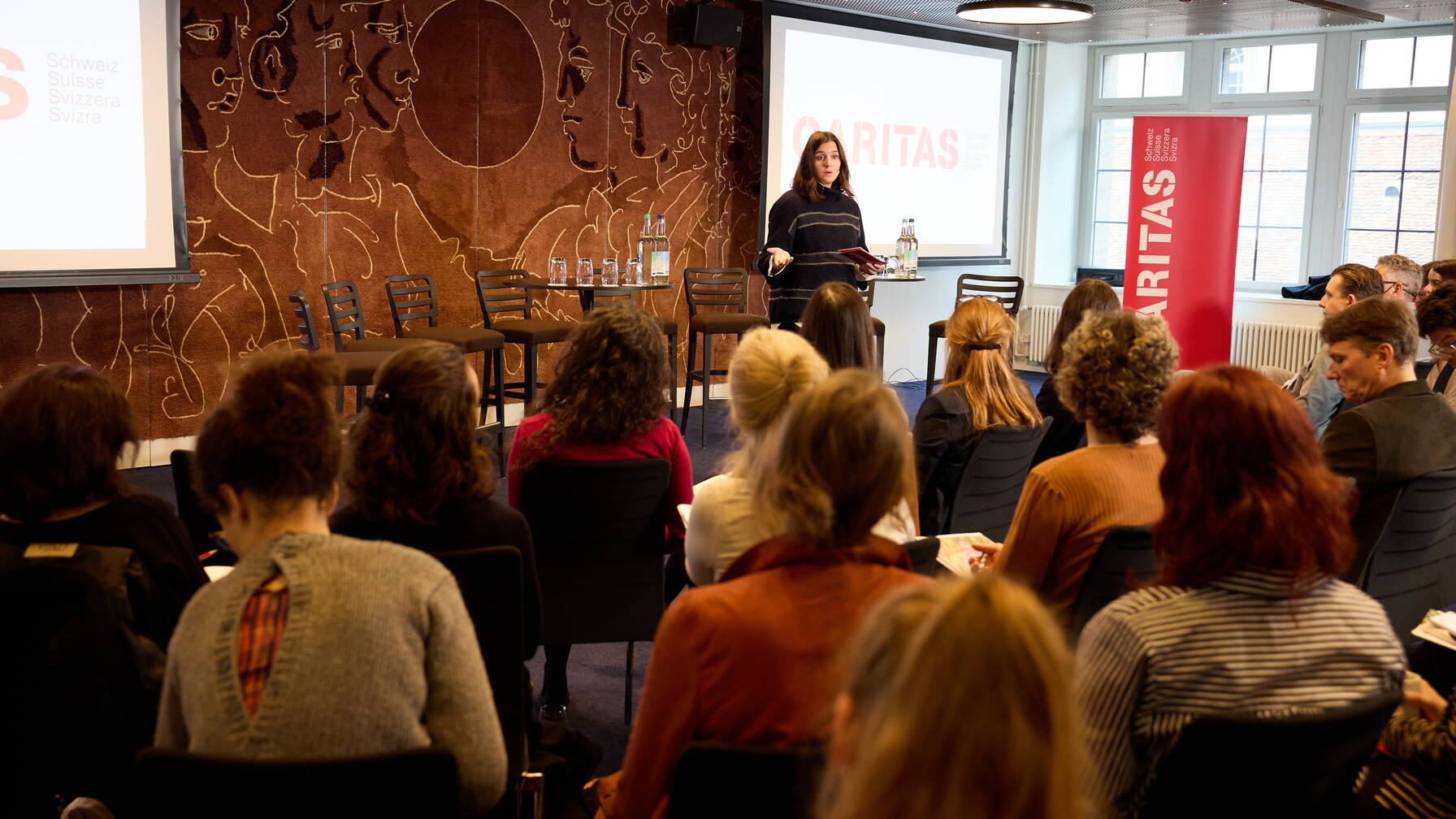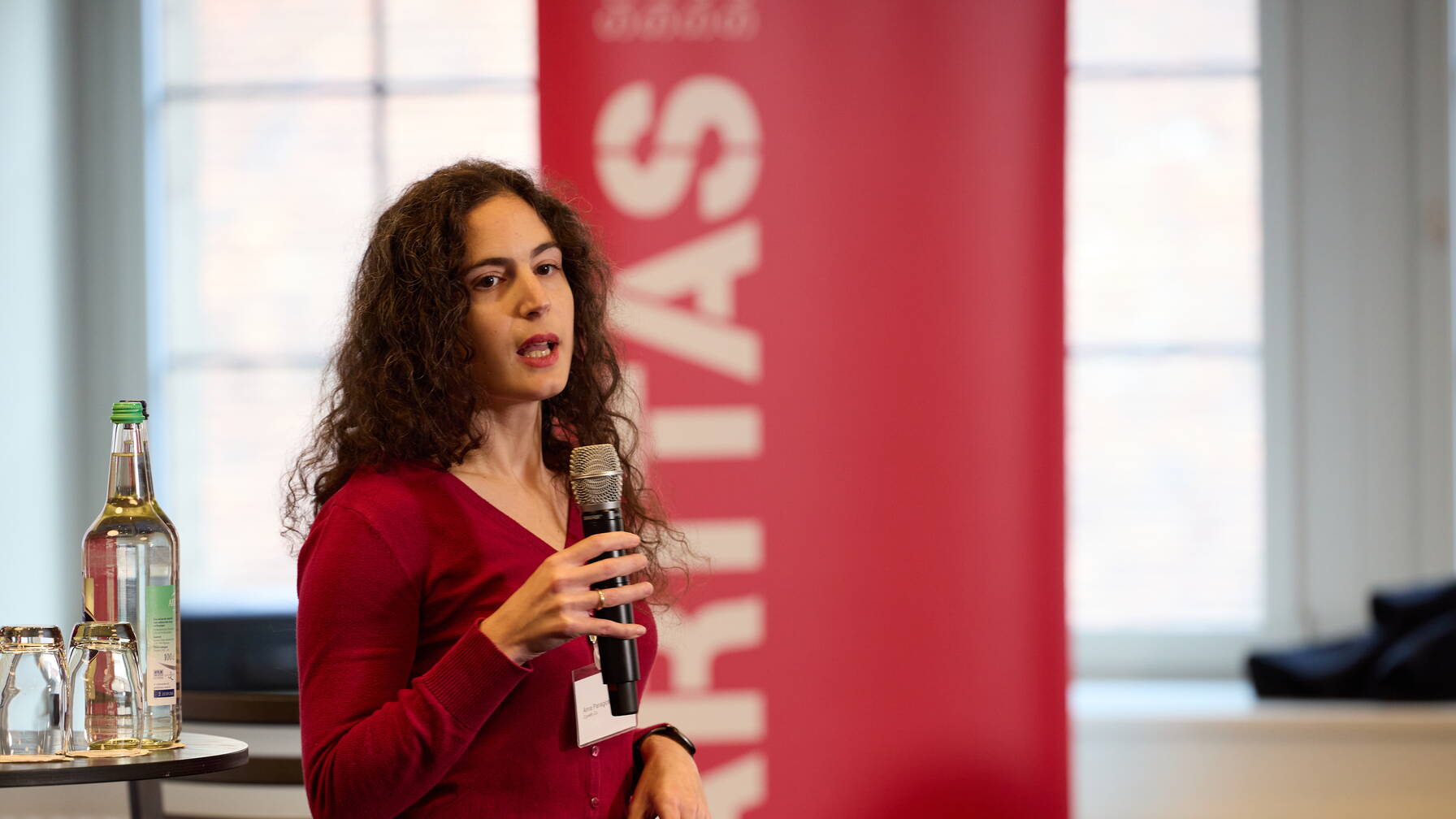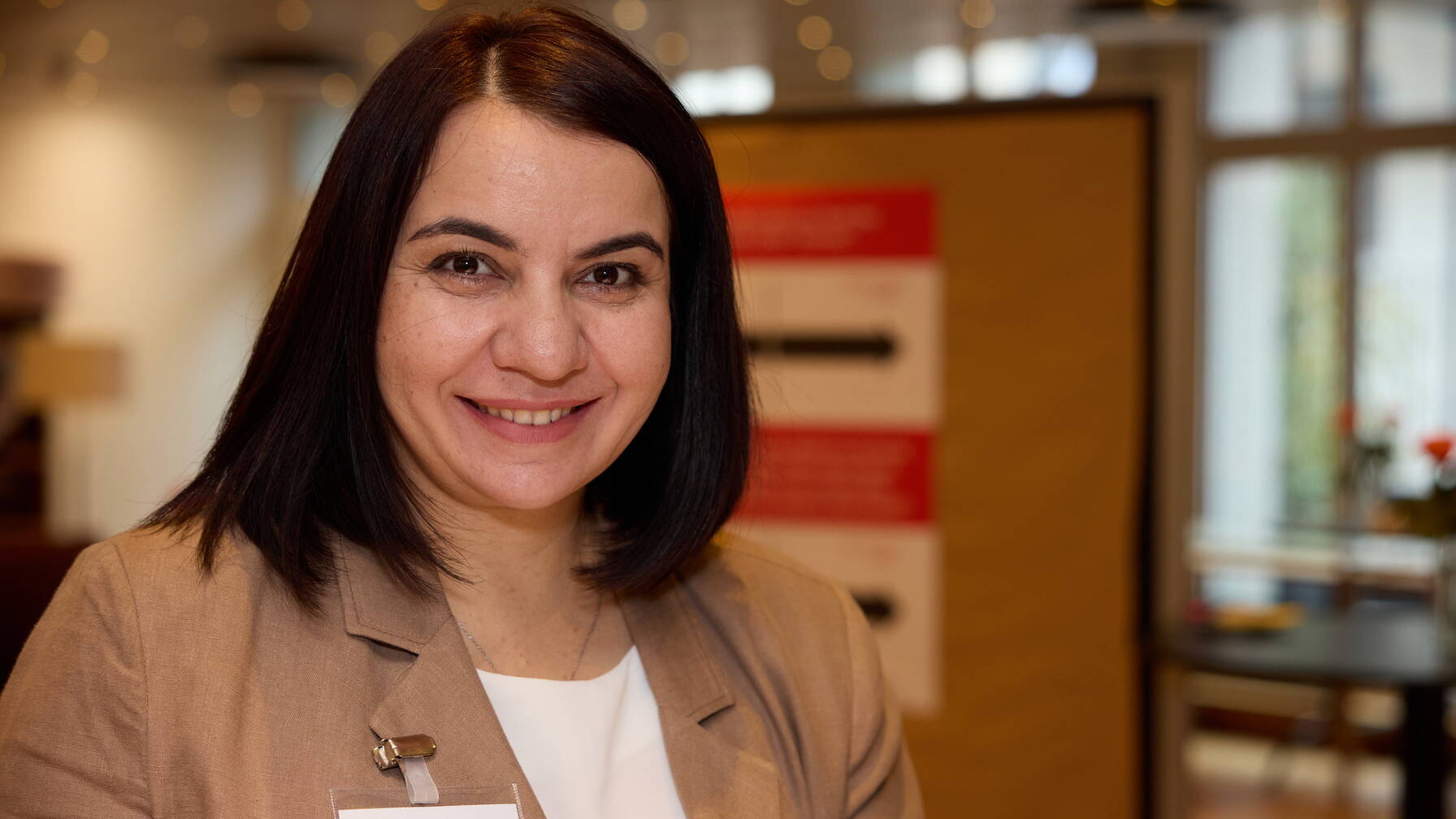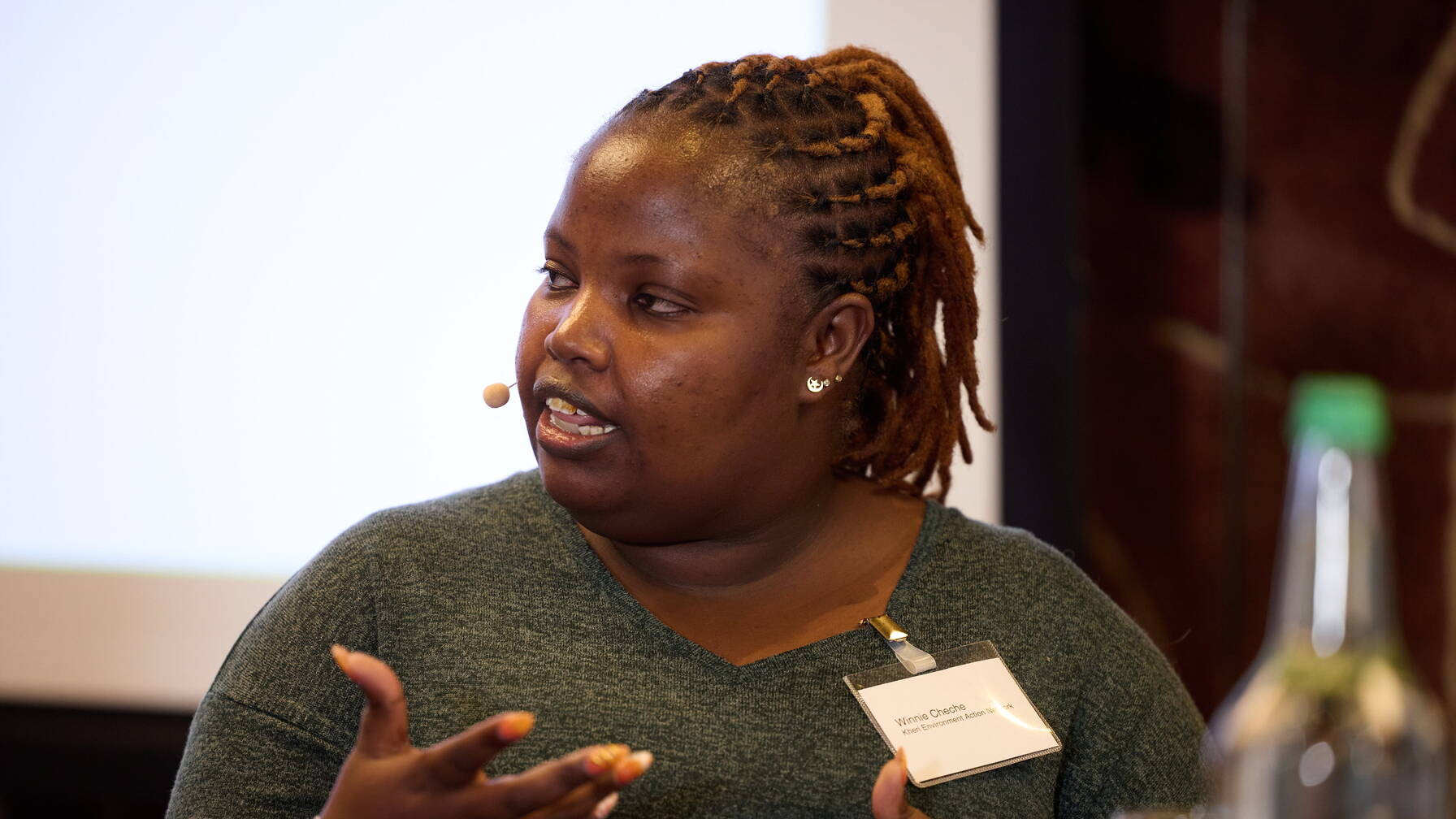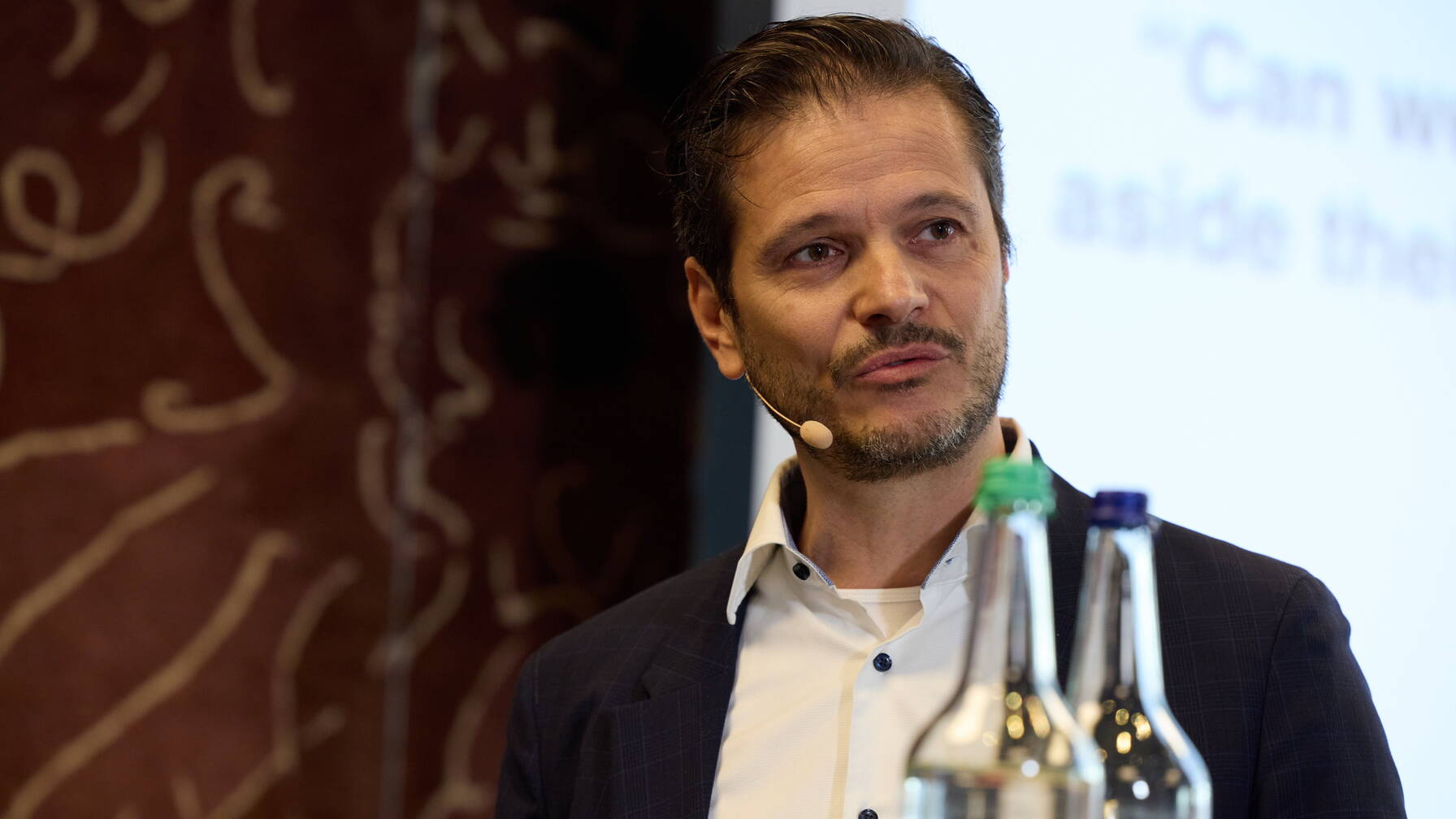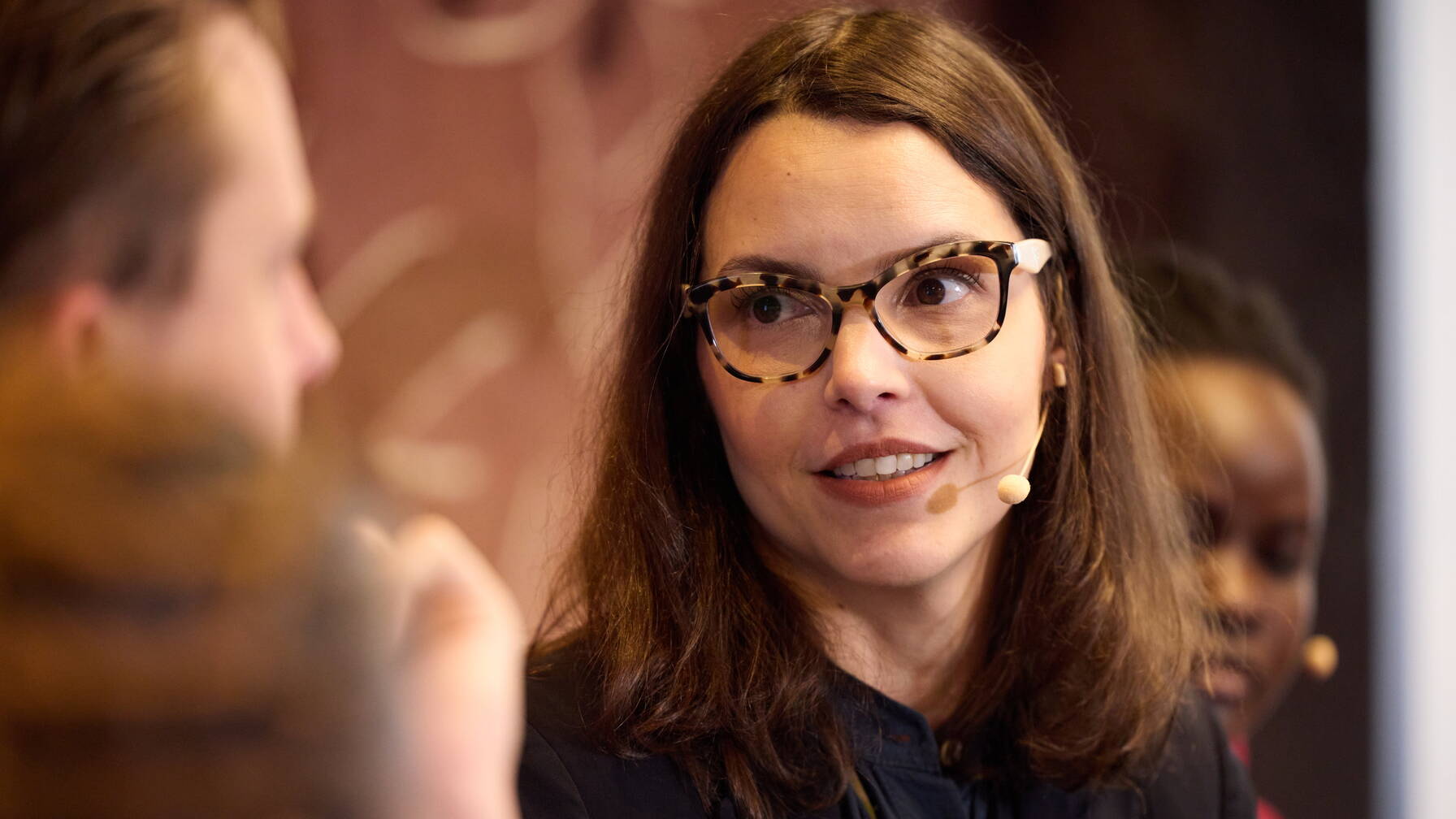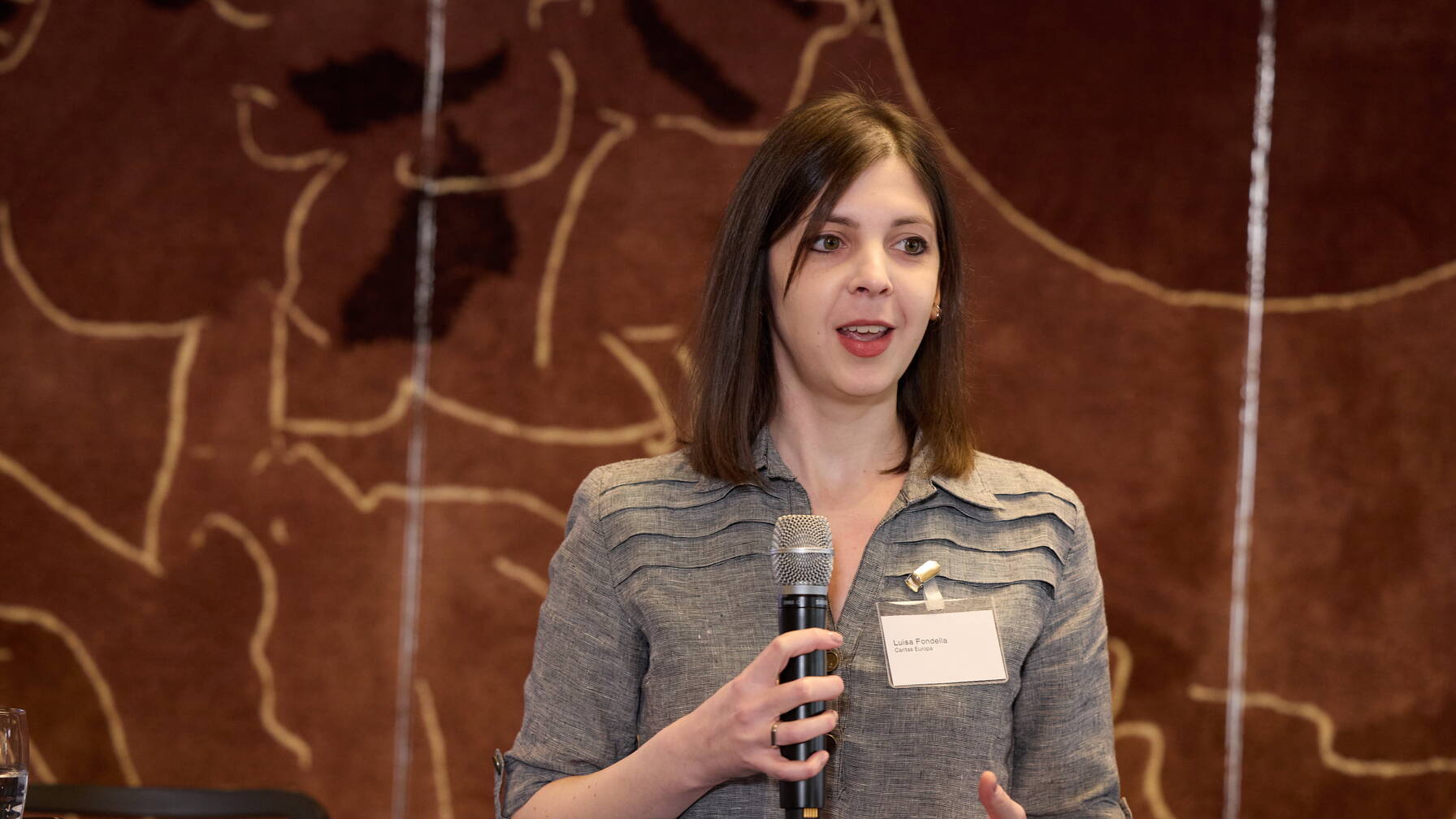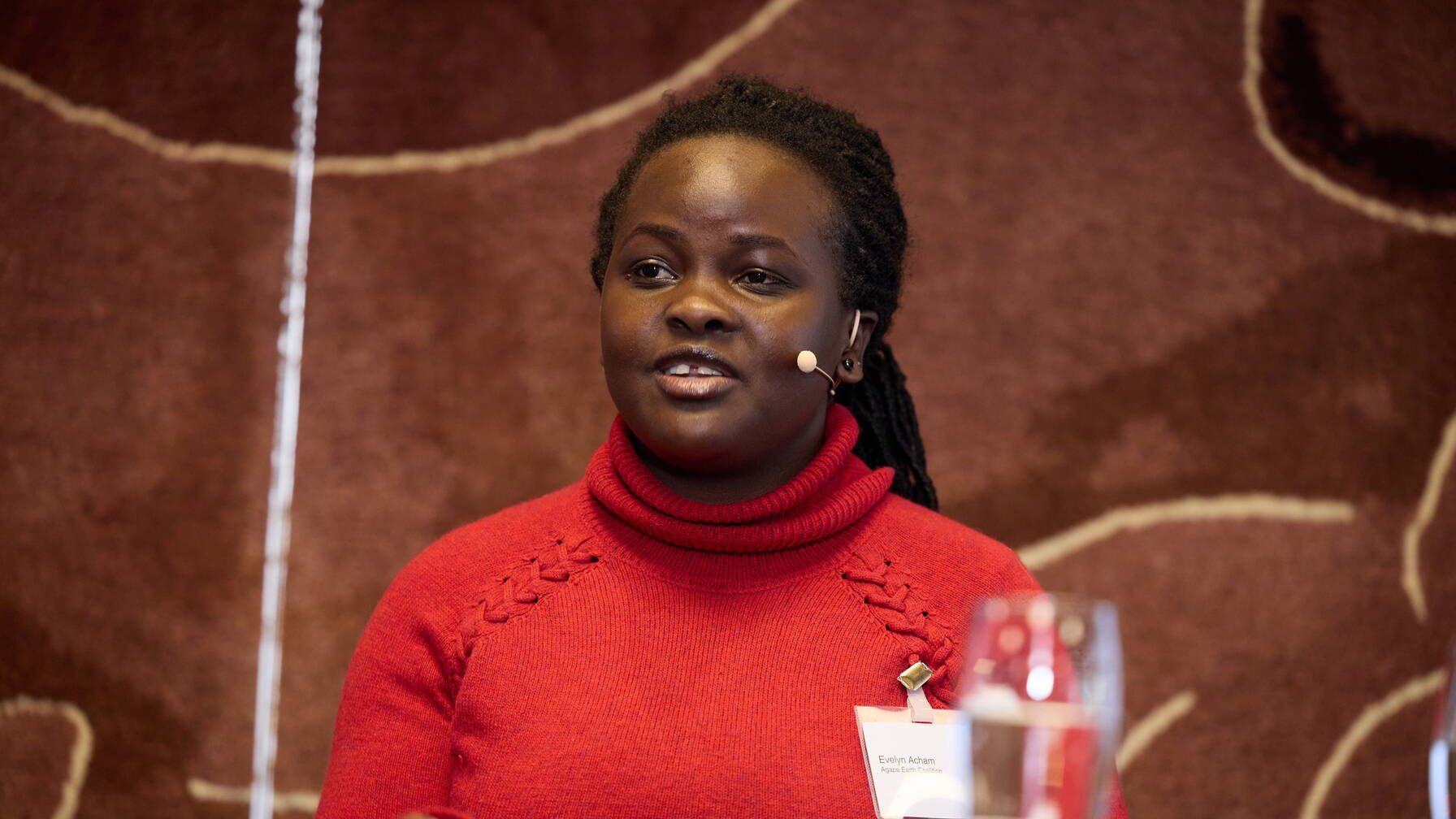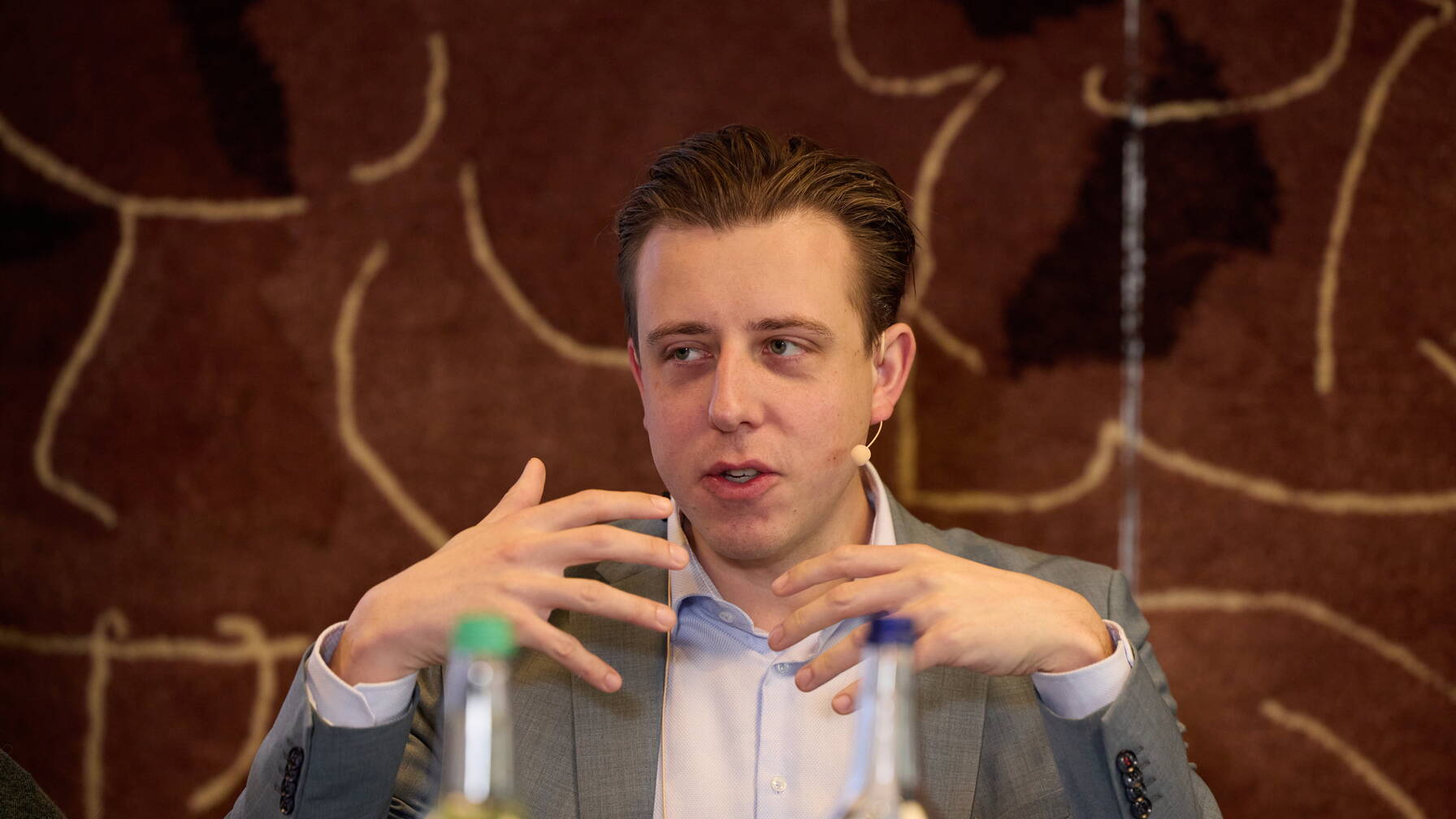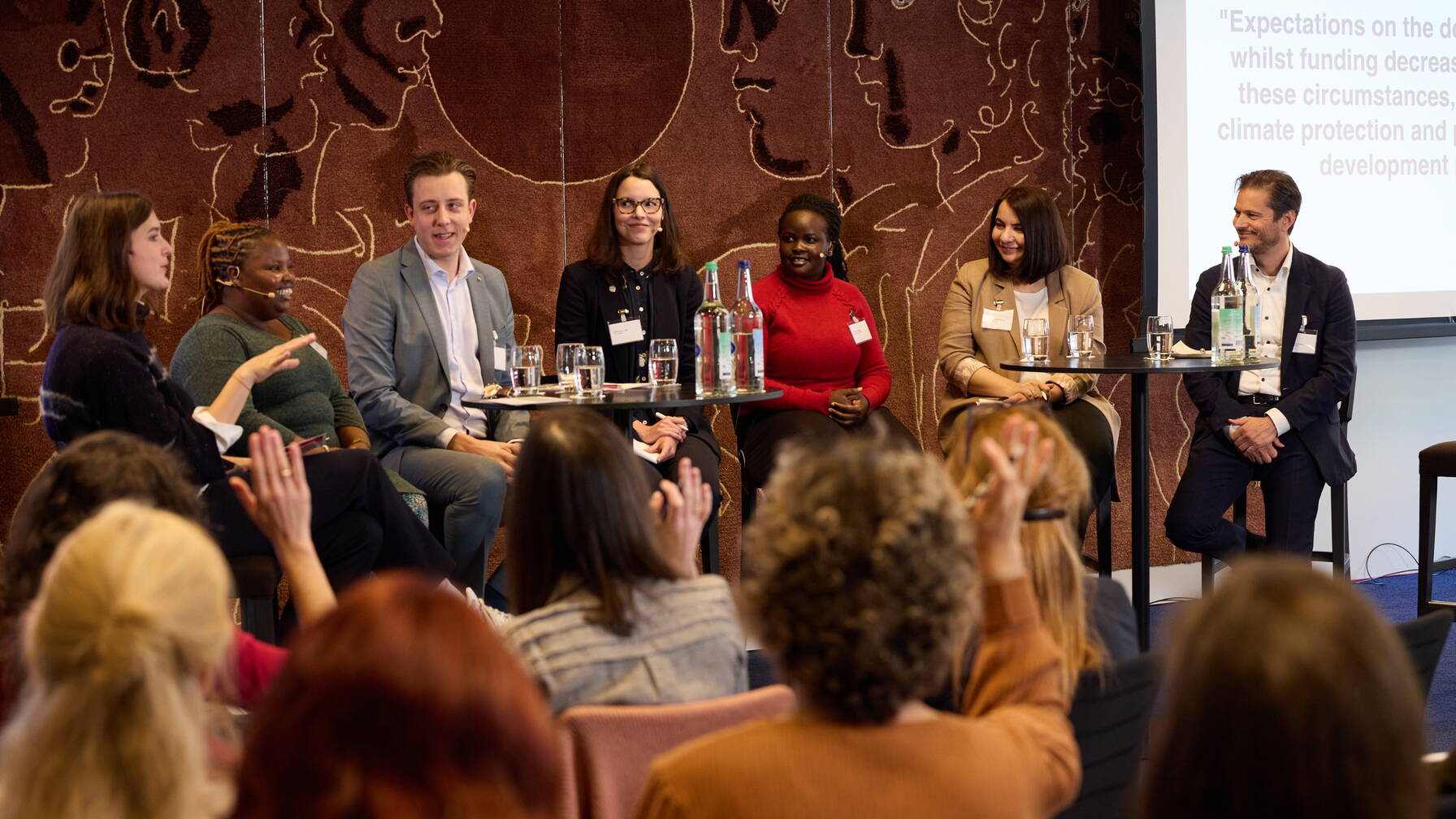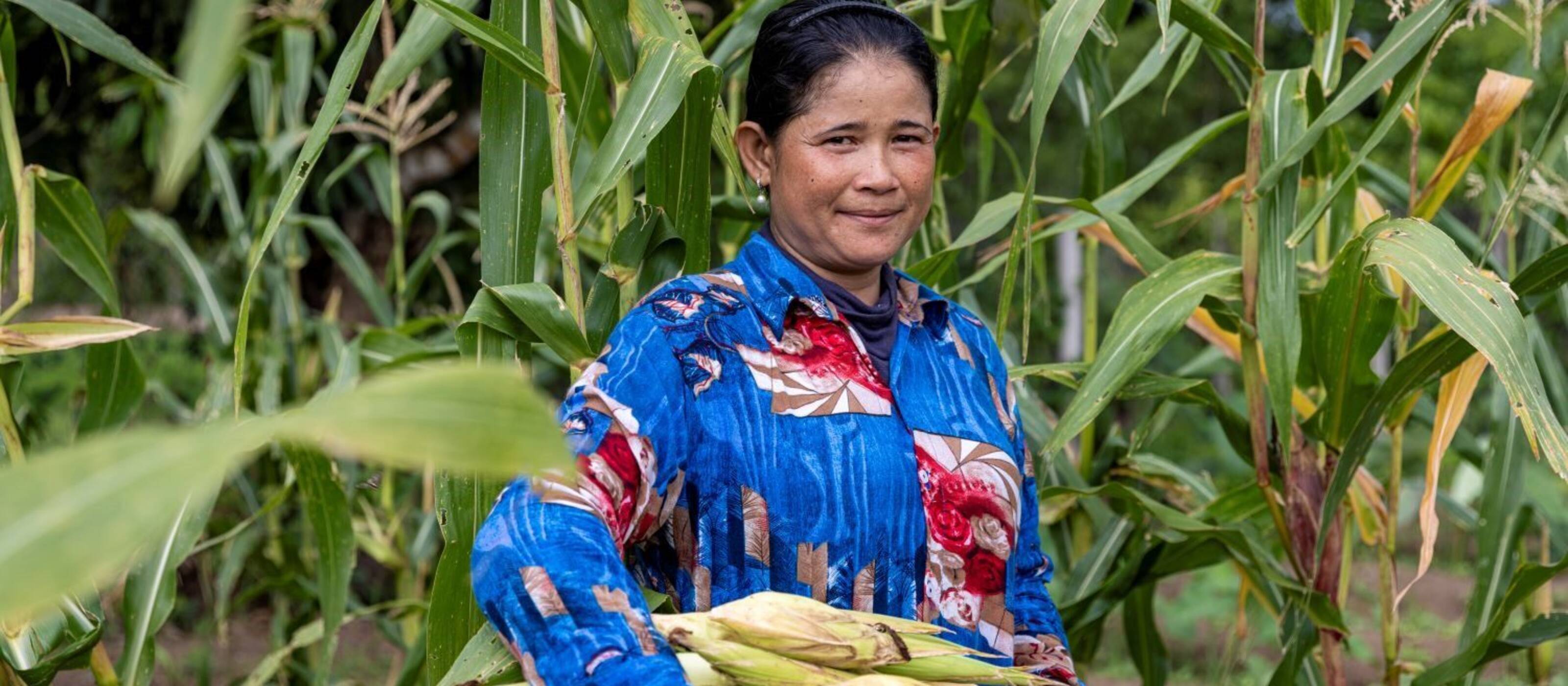

IC Symposium 2024 - Balancing Climate Protection with Poverty Reduction
On November 11, 2024, Caritas Switzerland hosted a half-day symposium dedicated to exploring the intricate relationship between climate protection and socioeconomic development in the Global South. We were delighted to welcome such a diverse group of speakers, including development experts and climate activists from the Global South, as well as representatives from prominent international civil society organizations, and green tech entrepreneurs.
The aim of this year's symposium was to provide a platform for renowned experts to discuss the complex interplay between promoting green initiatives and implementing poverty reduction strategies in development cooperation. The speakers emphasized the inherent trade-offs associated with pursuing both climate protection and economic growth, and explored innovative approaches to reconciling these seemingly contradictory goals. Considering the inherent complexity of this task, the experts who took part in the symposium subsequently shared their insights and key-takeaways derived from debate in a series of interviews.
Key takeaways from our presenters and debaters
It became evident throughout the course of the debate that the objective of all debate participants was to establish mutually beneficial outcomes for both the environment and those who continue to live in poverty. Nevertheless, the establishment of an international system that serves the interests of both parties is a complex task that requires complex solutions. Thus, in light of the aforementioned considerations, the symposium and its debate yielded the following key-learnings.
What we learned:
- Complex challenges ask for action – We can’t wait until we have figured out the best solution but need to act now – and monitor, learn more about contextual effects, and respond by bringing different actors together. We need to value the importance of combating climate change. The money is there, the allocation is not. It is a matter of priorities.
- Multiple crises demand for immediate short-term action. We cannot wait. We are focused on quick solutions, but we also need to be able to think of self-determination, of creating enabling spaces. Practical measures include insisting on obtaining free and informed consent, conducting environmental due diligence, and fostering paradigm shifts.
- Certain concepts don’t align with the reality of the extreme poor. For example, if someone lives in a rural area without electricity, the idea of an energy transition doesn’t make sense. There is no shift from one type of energy to another because they lack a starting point and have no options to begin with. This means we need different solutions for those who contribute most to CO2 emissions compared to those who do not.
- There are no two separate crises - poverty and climate change - they are inherently intertwined and we - as civil society - should question the assumption that economic growth and trade will provide the solutions. What exactly contributes to wellbeing and for whom? We should question the focus on profit and shareholder value over the value of people and planet.
Want to learn more?
Download the resources below

Caritas Switzerland Symposium 2024 - Programme
Balancing Climate Protection with Poverty Reduction Interventions: Embracing Trade-Offs and Developing Win-Wins
Download (pdf, 341.43 KB)
Caritas Switzerland Symposium - Keynote Presentation
Download (pdf, 1.49 MB)
Caritas Switzerland Symposium - Wrap-up Presentation
Download (pdf, 785.25 KB)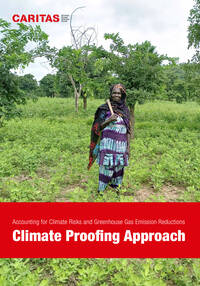
Thematic Paper «Climate Proofing Approach - Accounting for Climate Risks and Greenhouse Gas Emission Reductions»
Caritas Switzerland’s expertise
Download (pdf, 1.05 MB)
Flyer «Income - International Cooperation»
Combating the Core Problems of Poverty
Download (pdf, 416.91 KB)Keynote and Debate Panelists
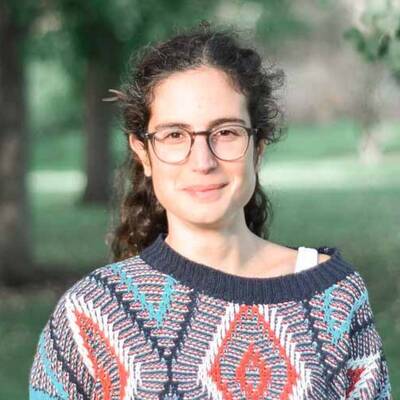
Anna Panagiotou, Head of Climate Change and Sustainability Program, Cynefin Co.
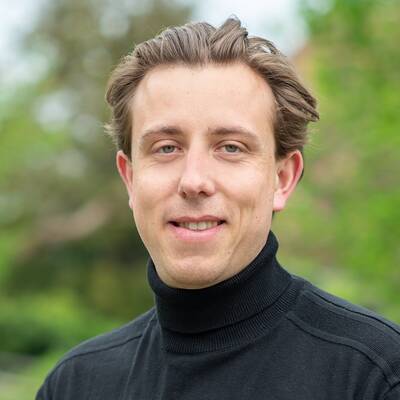
Till Kellerhoff, Program Director, the Club of Rome
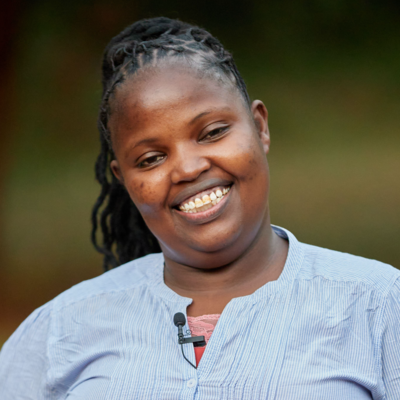
Winnie Cheche, Volunteer Communication Director, Kheri Environment Action Network
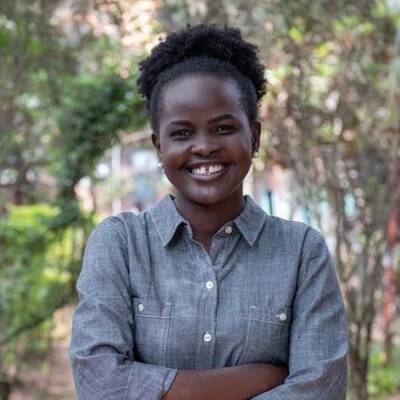
Evelyn Acham, Climate Activist, Agape Earth Coalition
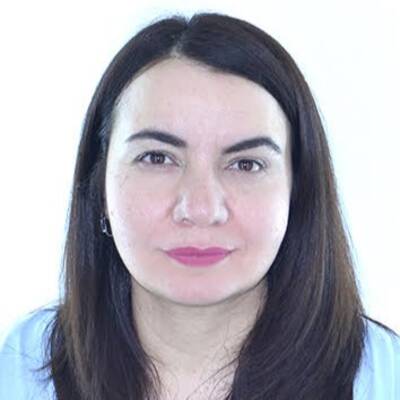
Khursheda Aknazarova, AF-GEF Project National Coordinator, UNESCO Tajikistan
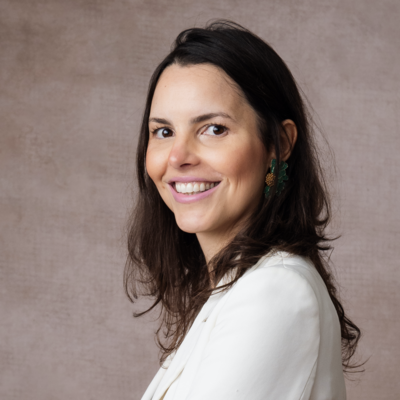
Marianna Leite, Global Advocacy and Development Policy Manager, ACT Alliance
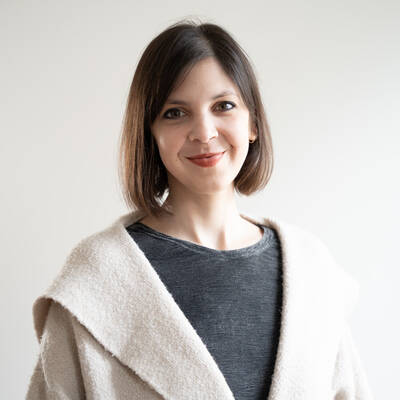
Luisa Fondello, Senior International Cooperation Officer, Caritas Europa
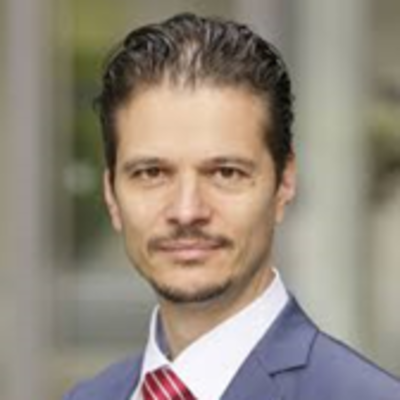
Wolfgang Rams, Co-Founder and CEO, Africa GreenTec AG
Opening and Closing Remarks
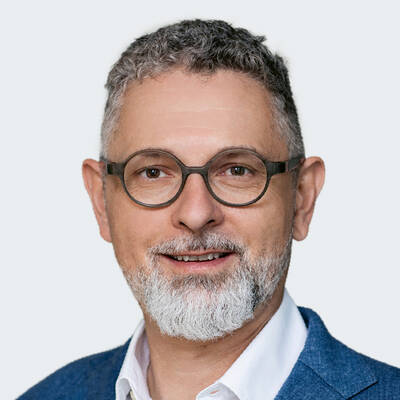
Peter Lack, Director, Caritas Switzerland
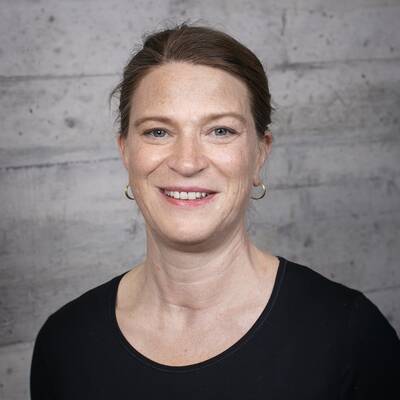
Martina Weber, Head of International Cooperation, Caritas Switzerland
Moderator
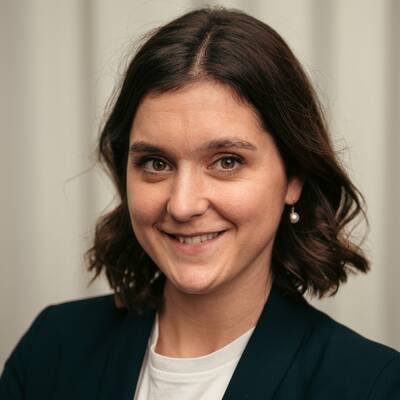
Sophie Hersberger-Langloh
Further information
Contact
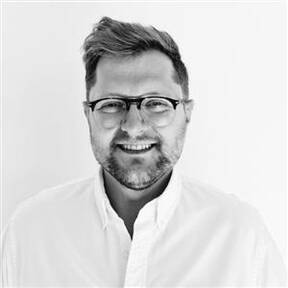
Maciej Chmielewski
Senior Income and Livelihoods Advisor and Knowledge ManagerCaritas SwitzerlandAdligenswilerstrasse 15
P.O. Box
CH-6002 Lucerne
+41 41 419 23 71mchmielewski@caritas.ch
Header image: Enhancing the resilience of their agroecosystem to climate change is crucial for farmers and vulnerable communities; Cambodia © Nicolas Honoré
